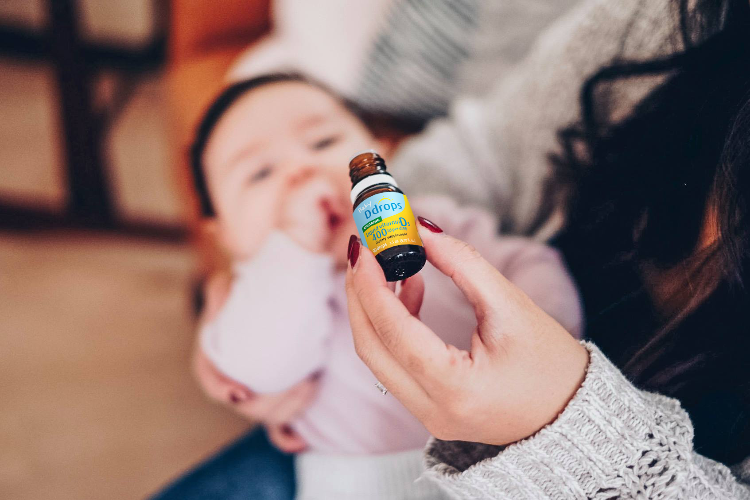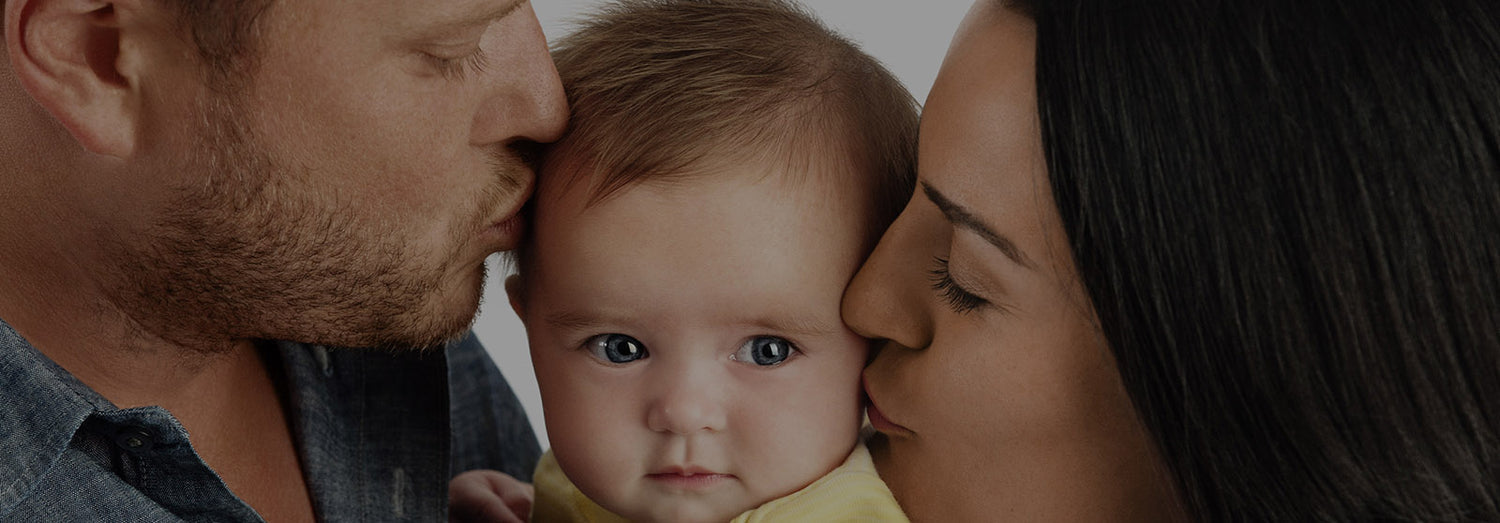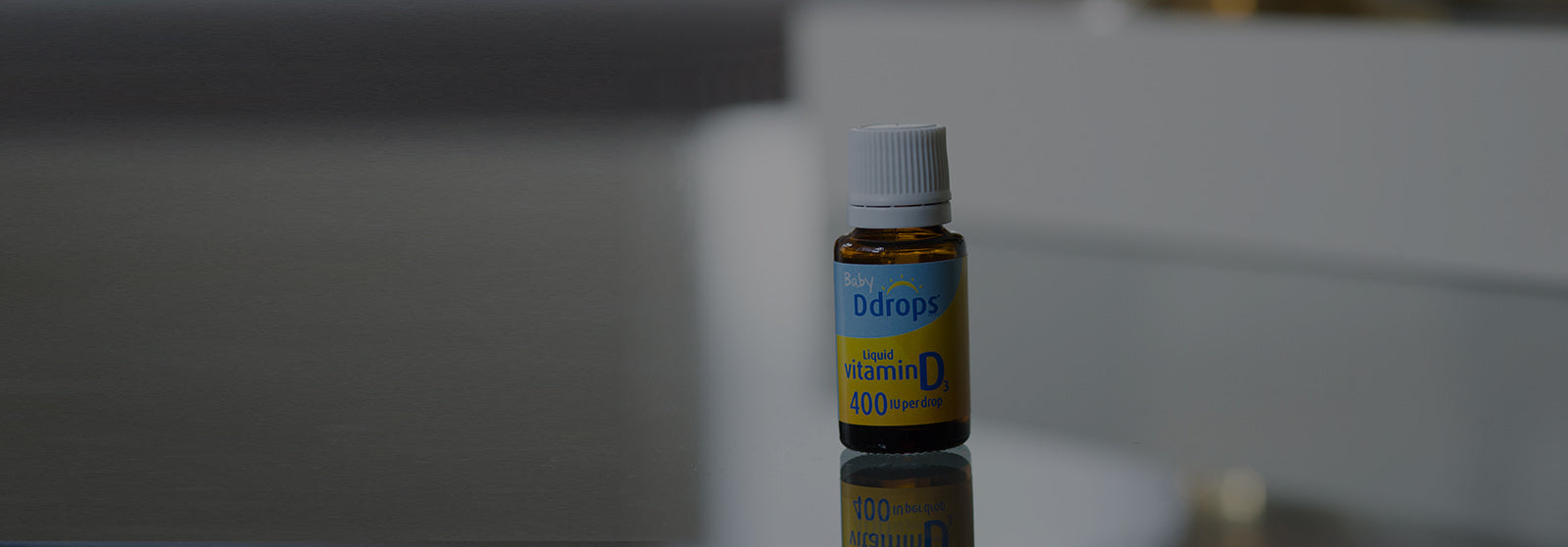January 8, 2020
How is vitamin D related to jaundice?
The main connection that people make is between the use of light to improve jaundice in infants. Does this mean that vitamin D is involved? The following gives some further background into this question.
How common is jaundice?
It’s not uncommon for babies to experience jaundice soon after birth. The Centers for Disease Control and Prevention estimate that 60 per cent of infants have jaundice. [4] Typically‚ jaundice appears 30 hours after the birth of the baby‚ worsens a bit and then disappears altogether around the 10th day.[1]
What are some signs of jaundice?
You might notice that a baby’s skin appears yellowish, or that they have a yellowish color in the whites of the eyes. Your newborn may be sleepy, may have difficulties suckling, or just does not suckle very often.[1]
What are the risk factors?
A baby may be at higher risk for jaundice when any of the following factors are present [3] [4]
- Significant bruising during birth
- Preterm birth (before 37 weeks)
- Babies with darker skin
- Infants of East Asian or Mediterranean parents
Understanding more about jaundice
Doctors can measure the level of seriousness of jaundice by taking a blood sample of the baby (usually by pricking the heel) and testing it for bilirubin. Bilirubin is a substance that is a result of the breakdown of red blood cells. Once born, infants remove the circulating bilirubin from their own bloodstream when blood passes through their liver. In some cases, the liver may not be fully able to clear the bilirubin from the infant’s bloodstream. If the bilirubin levels are very high‚ a baby might be treated with phototherapy‚ where he or she will be put in a clear box with a bright light for a few hours or more depending on the seriousness of jaundice.1 Since jaundice can be serious if not corrected, monitoring is very common in the early hours after birth.
Vitamin D: Myth or reality?
Since phototherapy is used to treat more serious jaundice‚ many people assume that low levels of vitamin D in a baby are either the cause of jaundice or that giving vitamin D supplements may treat a baby.
These are both myths! A baby’s vitamin D levels at birth do not cause jaundice.[2] Glucose water‚ plain water, or supplements (including vitamin D) do not help reduce nor prevent jaundice in a newborn. However‚ breastfeeding has been shown to help reduce jaundice so it is recommended that baby suckles as much as possible to ingest as much breastmilk as possible.[1]
That does not mean that you should not be giving vitamin D to your baby. On the contrary, multiple medical organizations recommend that infants be given a daily dose of vitamin D as of birth. Find out how much daily vitamin D is recommended on a daily basis for your infant or toddler here. If your baby seems to be showing signs and symptoms of jaundice, talk to your child’s doctor right away.
This article was reviewed and updated in September 2019







Tinggalkan komentar
Situs ini dilindungi oleh hCaptcha dan berlaku Kebijakan Privasi serta Ketentuan Layanan hCaptcha.